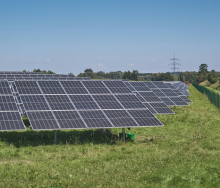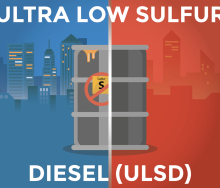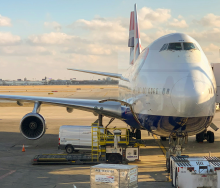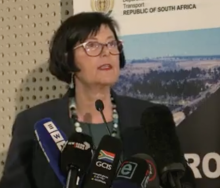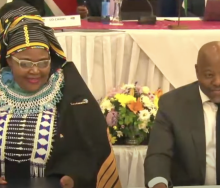It is understood that ArcelorMittal South Africa (Amsa) has delayed the wind-down of its long-steel business by a month to allow ongoing discussions with the government regarding potential solutions to prevent the closure of operations in Vereeniging and Newcastle.
This extension also aims to maintain supply to downstream customers who lack immediate alternatives.
The delay is supported by a R380-million loan from the state-owned Industrial Development Corporation (IDC), a shareholder in the group.
The IDC has also extended the repayment deadline for an older R950-million loan from June 2025 to September 2026.
Amsa agreed to the new loan after expressing its unwillingness to continue absorbing losses without a long-term resolution to the structural issues affecting its Longs Business.
The company initially announced on January 6 that it would wind down the Longs Business by the end of the month, following unsuccessful negotiations with the government.
Talks under the guidance of an inter-ministerial task team have intensified, along with discussions with the IDC about a possible funding structure to protect Amsa from financial losses associated with the Longs unit.
In 2025, the long steel accounted for R1.1-billion of the R1.8-billion loss before interest, taxes and depreciation, with the remaining losses attributed to the Flats unit, which experienced operational problems due to chilled conditions in some of its blast furnaces.
CEO Kobus Verster has denied any knowledge of a possible R1-billion "bailout" reported in the media but confirmed ongoing discussions with the IDC regarding potential funding structures.
He emphasised that Amsa’s operations required financial support to continue as the company was unwilling to bear the financial risk of continued operations.
Verster stressed the need for a multi-layered solution to prevent the closure, which would put 3 500 direct and indirect jobs at risk and threaten the socioeconomic stability of Newcastle in northern KwaZulu-Natal.
Amsa has consistently pointed out that high and rising electricity and rail tariffs hinder operations at the Newcastle Works, which relies on efficient logistics due to its distance from iron-ore sources and markets.
The plant was initially built near a coking coal resource, with the expectation that logistics costs for iron-ore supply would be offset by the low cost of coal and the mill's proximity to export markets via the Port of Richards Bay.
However, Amsa now imports coking coal, and its iron-ore costs have increased after it lost its Sishen rights. Additionally, Transnet Freight Rail's costs and performance have declined, and Newcastle's export prospects have not materialised due to intense import competition in South Africa.
The group, which reported a R5.8-billion loss last year, informed shareholders that steel imports into South Africa reached record levels in 2025, accounting for 33.6% of the country's apparent steel consumption, amid weak domestic demand.
Furthermore, Verster stated that the blast-furnace operation at Newcastle faced unfair competition from domestic electric-arc-furnace operations. These operations benefit from discounted scrap material due to a preferential pricing system and an export tax.
He also mentioned that the group might assess the future of its longs production on an asset-by-asset basis if Newcastle were to close, suggesting the possibility of reopening the ArcelorMittal Rail and Structures facility using alternative inputs.
Month-long reprieve as Amsa and gov seek solutions
07 Feb 2025 - by Staff reporter
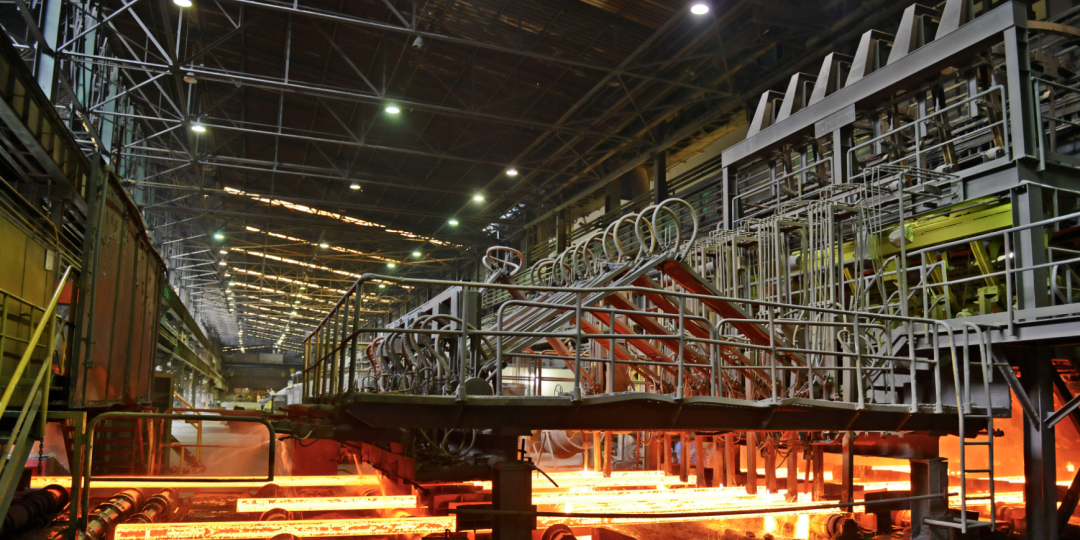
Source: ArcelorMittal
0 Comments
Border Beat
Featured Jobs
New
New
New


